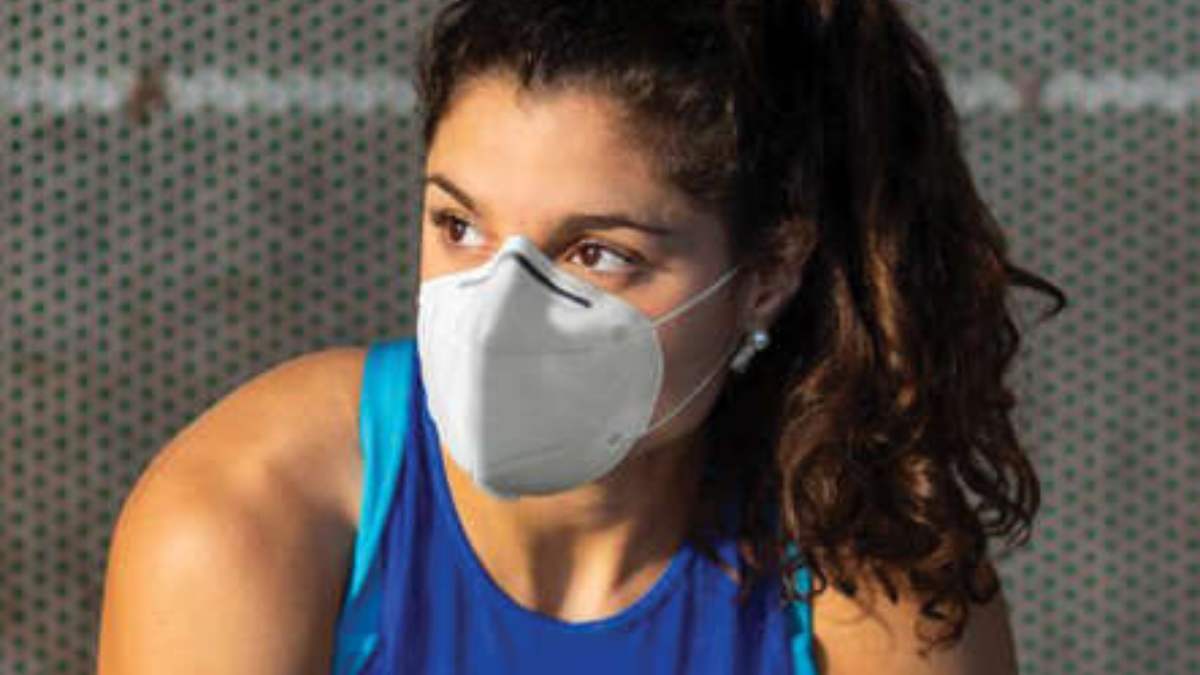


A study has found that face masks reduce the distance airborne pathogens could travel, when speaking or coughing, by more than half compared to not wearing a mask. The research has been published in the “Journal of Infectious Diseases”. The findings are important as airborne viral pathogens, such as SARS-CoV-2 can be encapsulated and transmitted through liquid droplets and aerosols formed during human respiratory functions such as speaking and coughing. Knowing ways to reduce this transmission distance can help keep people safe and aid in managing responses to pandemics, such as Covid-19, which has resulted in global-scale infection, health care system overloads, and economic damage. These responses could include relaxing some social distancing guidelines when masks are worn. “The research provides clear evidence and guidelines that 3 feet of distancing with face coverings are better than 6 feet of distancing without face coverings,” said study co-author Kareem Ahmed, an associate professor in UCF’s Department of Mechanical and Aerospace Engineering. The researchers found that a cloth face-covering reduced emissions to about two feet compared to the four feet of emissions produced when coughing or speaking with no mask on. The reduction was even greater with surgical mask.